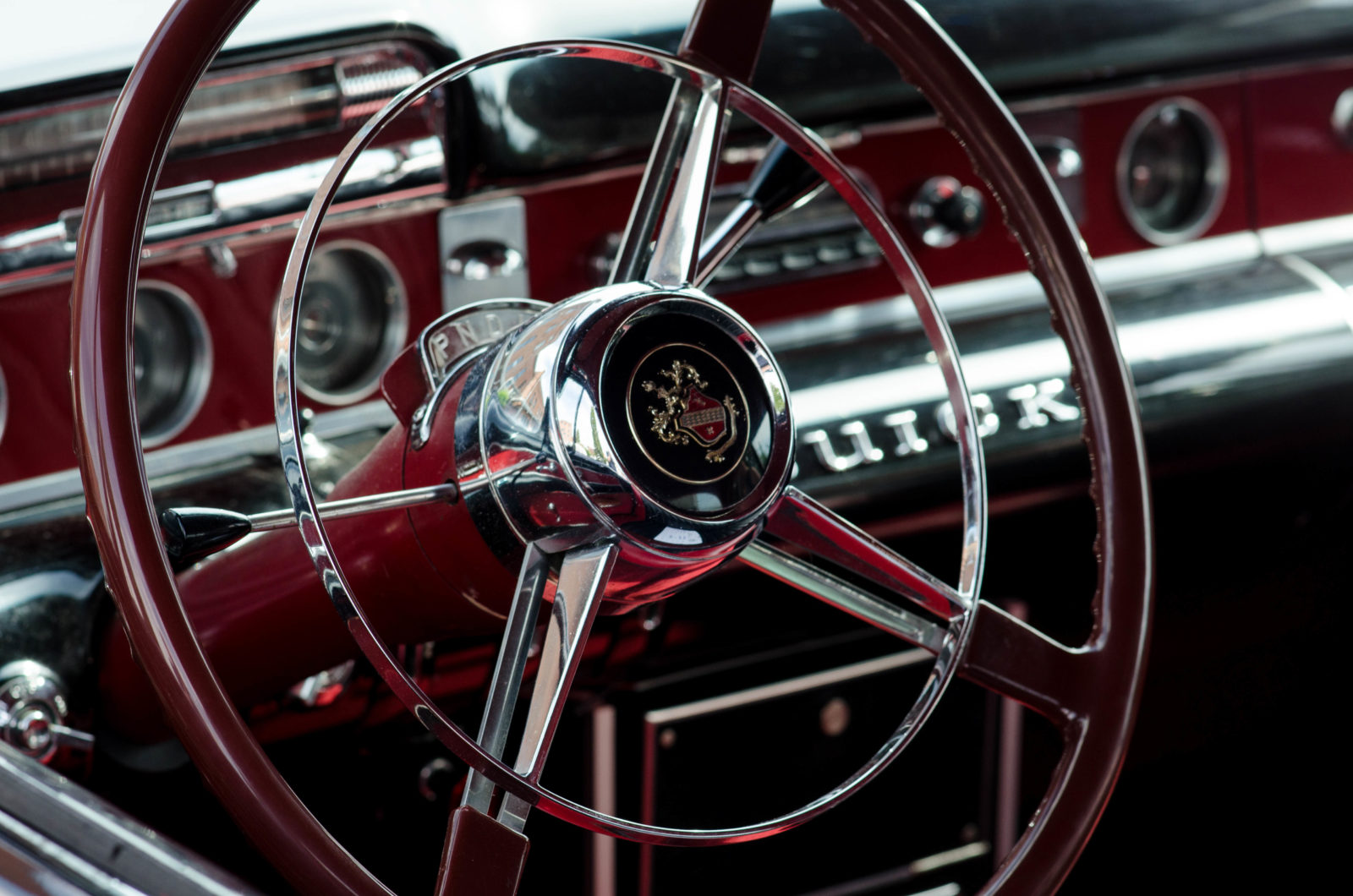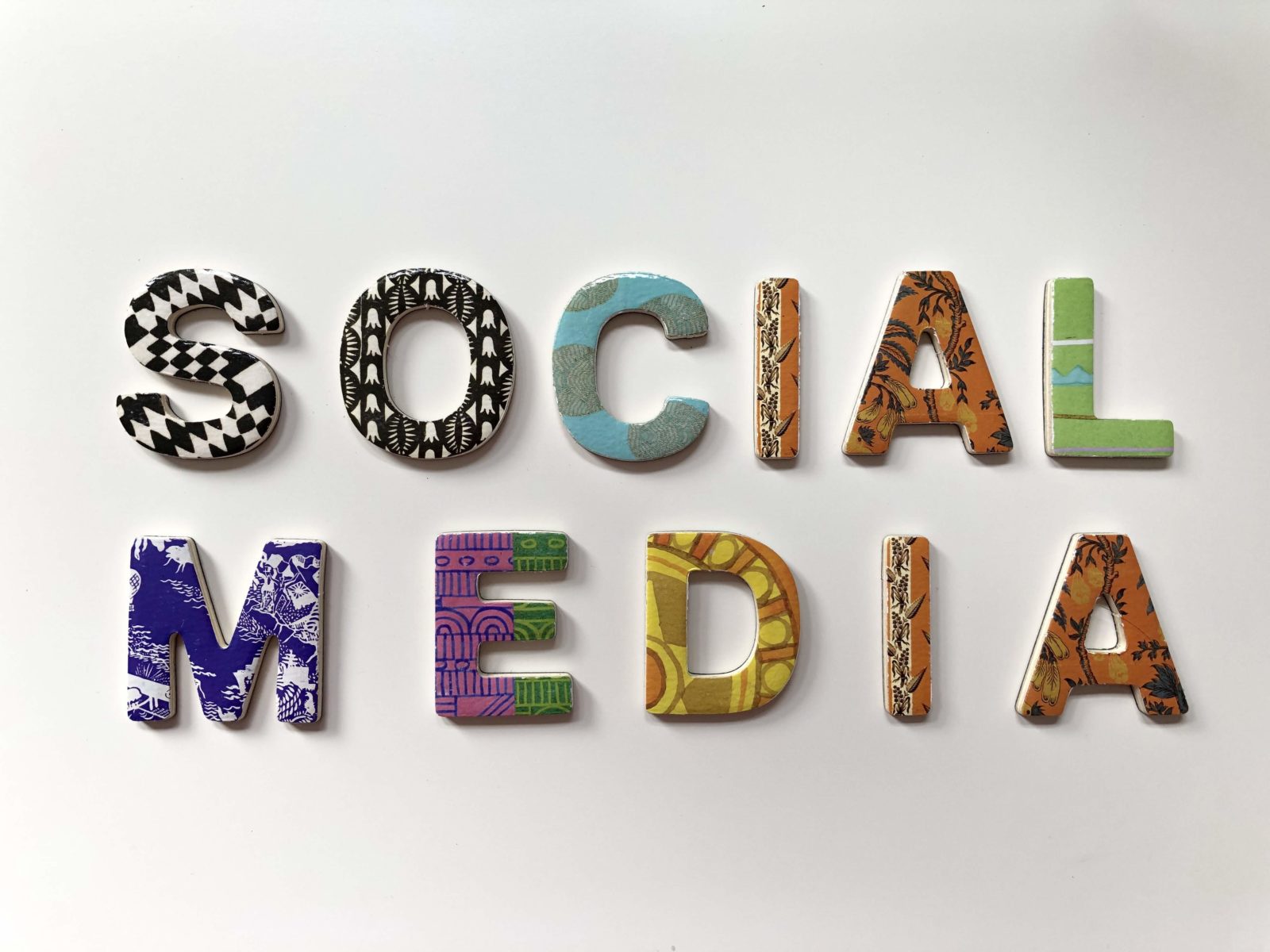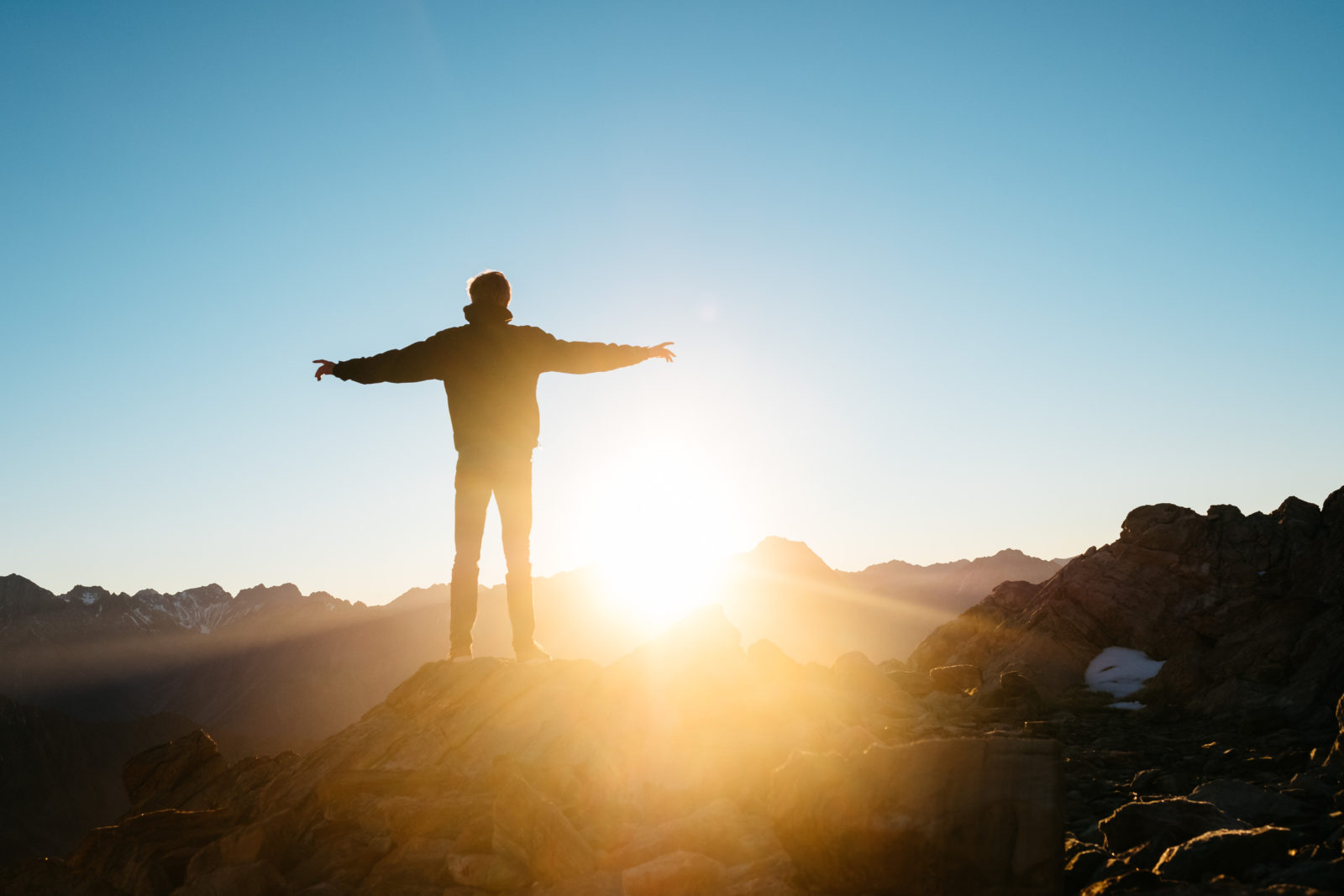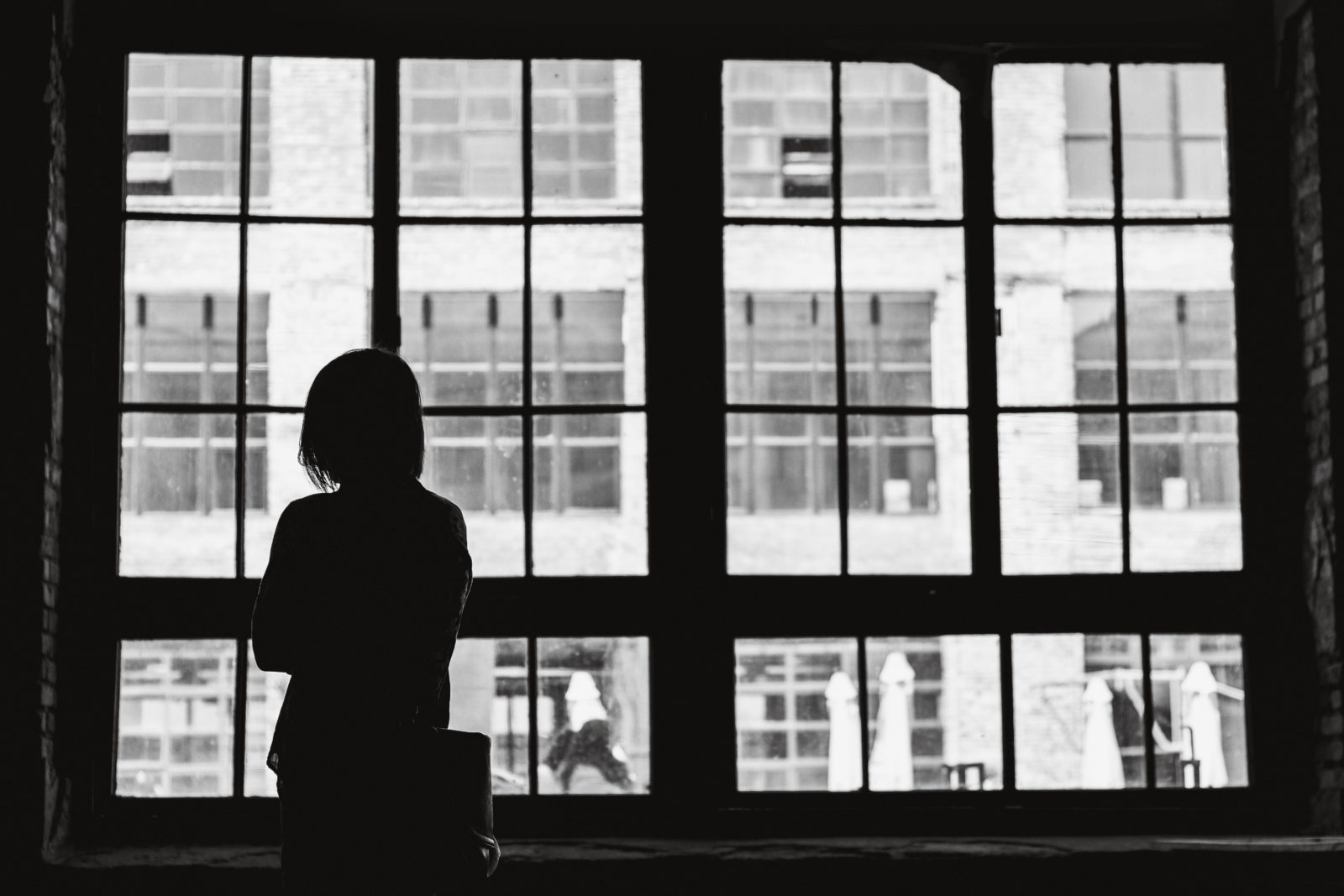Learning to own your life begins by facing your beliefs about control and responsibility. At least, that’s been a vital component for me.
Simply put, we are responsible for what we control. Our challenge is to stop trying to control other people, circumstances, or the world and to be responsible for our actual life instead.Click To TweetControl and Responsibility
We are not mistaken, of course. There is a direct connection between control and responsibility.
If you are in charge of something–a car, a meeting, a classroom, a budget, a task–then you are the one who answers for it. When everything does well, you get honor. If something goes wrong, you bear the blame.
That’s how it works in pretty much every area of life. We know this. It’s true.
But this does not mean that you are responsible for everything in the world. And we often think it does.
Who’s in Charge?
We spend our days trying to control everything and everyone around us.
- Our kids’ behavior, schedules, homework, and future
- Cleaning the bathrooms
- Our calendar
- The weather report
- Friday’s plans
- Our neighbors
- Friends on social media
- The third-grade teacher
- Our customers
Why? Because somewhere along the line, we have become convinced that we are responsible for all of these things.
We’ve decided that we are responsible for whether our children make any mistake ever. We are responsible for how someone responds to us, in real life or online. We think it’s our responsibility to ensure that all things go well in every area of our lives and for anyone who interacts with us always and forever.
That’s a lot of responsibility.
And the only way to meet that (perceived) responsibility is to try to control everything. EVERYTHING.
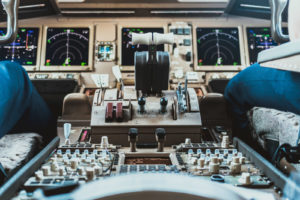
Trying to Control It All
This is especially true for women. We manipulate, overthink, expend massive amounts of emotional energy, and punish ourselves for every failure, real and perceived. Though the practical side of this belief looks different in each of our lives, we are all trying to control things we feel responsible for.
But are we really responsible? Does the world depend on me? Do my kids require my attention 24/7 for every single “need” they have? Does my husband, my boss, my checkout lady really need me to tell them what to do and how to do it?
No.
And this is a major turning point as we prepare to own our lives. Before I can take full responsibility for my life, I have to give up the need/desire to control everyone else’s life and experiences because I feel responsible for them.
A Better Way
We have to start repeating it to ourselves regularly:
I do not have to control anyone else because I am not actually responsible for them.
Your supervisors (or employees) are not your responsibility. Let them have control of their lives.
You are responsible for providing for and protecting your children … to a point. It is not your responsibility to control or manage their behavior and choices; instead, your job is to teach them how to be responsible for their own lives as they mature.
Responsibility for the decisions of the PTO, the schedule for the meeting, and the effective management of your home or office does not fall entirely on you. It must be shared with the others who, because they control and are responsible for themselves, participate with you to bring about each group’s desired end (helping the school, making a profit, being a family).
We have to start taking our hands off of everyone else’s lives because we are wasting all our time and energy focusing on what they’re doing, instead of what we need to be doing in our own lives.
Looking Ahead
I am not responsible for everyone and everything. When I realized this, an enormous weight shifted off my shoulders. It was, quite frankly, a relief. And a bit scary. To leave other people responsible for their own lives feels frightening. What if they get it wrong? What if I get it wrong?
They will. So will I.
It helps me to know that I can trust the God who is ultimately responsible for everything anyway. That nothing that happens, not one of our bad decisions or irresponsible moments, is outside his control.
And it also helps to know that those mistakes are part of the process. I’m going to own my life. I’m going to take responsibility for who I become and where I go from here. Failures don’t ruin that. In fact, they might open up lessons and opportunities that my oppressive need to control would have ensured I missed.
This is the first step. I am responsible for me because I am the only one I can control. The same is true for you.
By setting aside the suffocating sense of personal responsibility that consumes us, we can make space for owning the life we have … as well as the life we want. And we free everyone else from our oppressive control that keeps them from becoming all they can be, too.
